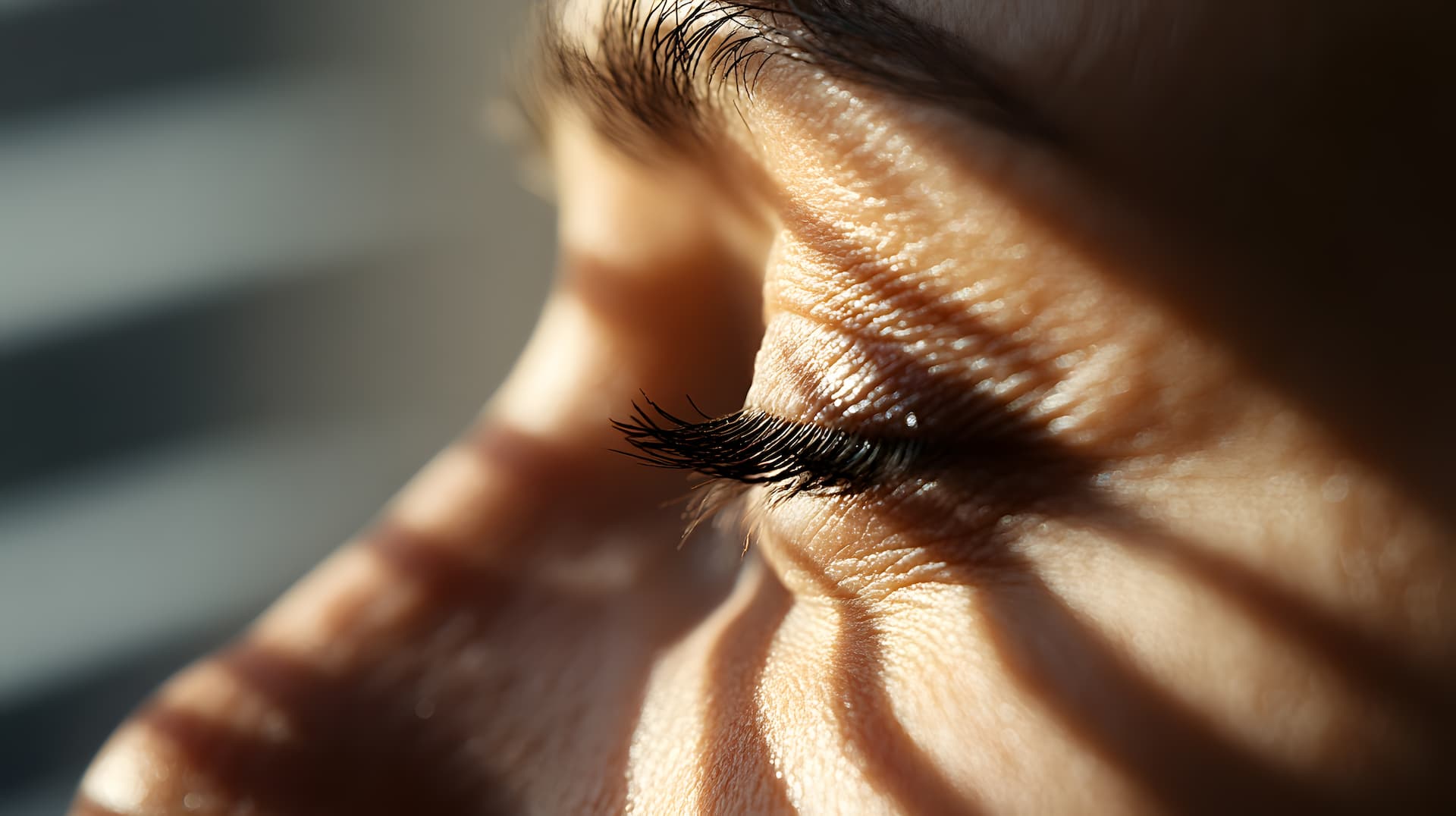
As the Western world grapples with a rising mental health crisis, traditional treatments often fail to address the root causes of conditions like depression and PTSD. In recent years, there has been a growing disillusionment with conventional psychiatric medications and therapy methods. This has led many to seek alternatives, rediscovering the ancient wisdom of "teacher plants" like Iboga, Ayahuasca, Peyote, and Psilocybin. These sacred tools, long revered in indigenous cultures, are now being embraced by modern science and spirituality alike, raising both hope and critical ethical questions.
Clinical studies have shown that psychedelics such as psilocybin (found in magic mushrooms) and Ayahuasca can have profound effects on mental health. These substances appear to "reset" the brain, breaking entrenched patterns of thought and behavior that underlie depression and PTSD. Patients often describe their experiences as deeply emotional and transformative, offering new perspectives on their trauma and a renewed sense of purpose.
The potential of psychedelics extends beyond their biochemical effects. These substances facilitate states of consciousness where individuals confront their inner struggles, reconnect with suppressed emotions, and process unresolved trauma. This holistic approach contrasts sharply with the symptom-suppressing model of many pharmaceuticals, providing healing that is not just psychological but deeply spiritual.
Indigenous cultures have long known the power of these substances. For the Bwiti people of Gabon, Iboga is a sacred medicine used in rites of passage and healing ceremonies. In the Amazon, the Shipibo people employ Ayahuasca as a tool for spiritual insight and community cohesion. Native American tribes consider Peyote a sacred sacrament, while psilocybin mushrooms have been used for centuries in Mesoamerican rituals.
These cultures do not treat these plants as mere drugs; they are teachers and guides, offering wisdom and healing in a context of ceremony, community, and respect. Their use is deeply intertwined with spirituality, providing not just relief from suffering but also a path toward connection—with oneself, others, and the cosmos.
The Western world's embrace of psychedelics is part of a broader trend: a search for spirituality in an increasingly secular, materialistic culture. Many people feel alienated from traditional institutions and yearn for practices that bring meaning and connection. Psychedelics, with their ability to dissolve ego boundaries and evoke mystical experiences, offer a glimpse into a spiritual dimension often absent in modern life.
However, this "psychedelic renaissance" also raises questions about the commodification of sacred traditions. Retreat centers offering Ayahuasca ceremonies to Western tourists proliferate, often detached from the cultural and spiritual frameworks that give these practices their depth. While the accessibility of these substances is a positive development, it risks reducing them to mere wellness trends, stripped of their original context.
The rise of psychedelics in the West is not without irony. The very cultures that are now being celebrated for their plant medicine traditions were once marginalized, oppressed, and criminalized. Colonial powers sought to eradicate indigenous practices, dismissing them as "primitive" or "dangerous." Today, these same traditions are marketed to a global audience, often without proper acknowledgment or restitution to the communities that preserved them.
This appropriation raises questions about cultural respect and ethical responsibility. How can we honor the origins of these sacred tools while integrating them into modern life? How can Western practitioners and seekers support indigenous communities, not just by paying for ceremonies but by advocating for their rights and preserving their traditions?
The potential of psychedelics to transform mental health is undeniable, but this transformation must be approached with care and humility. It is essential to remember that these substances come from rich cultural traditions that view them as part of a larger spiritual ecosystem. Honoring these origins means more than just borrowing rituals—it means fostering a dialogue between modern science and indigenous wisdom, ensuring that the benefits are shared equitably.
As the Western world continues its journey of rediscovery, the lessons of these teacher plants can guide not just individuals but entire societies toward healing. By addressing the wounds of colonization, respecting indigenous knowledge, and embracing the spiritual dimension of life, we can create a more compassionate and connected world.


We're here to help you embark on your journey towards healing and personal growth.
Whether you have questions about our retreat, want to know more about our plant healing experiences, or are ready to book your stay, we'd love to hear from you!